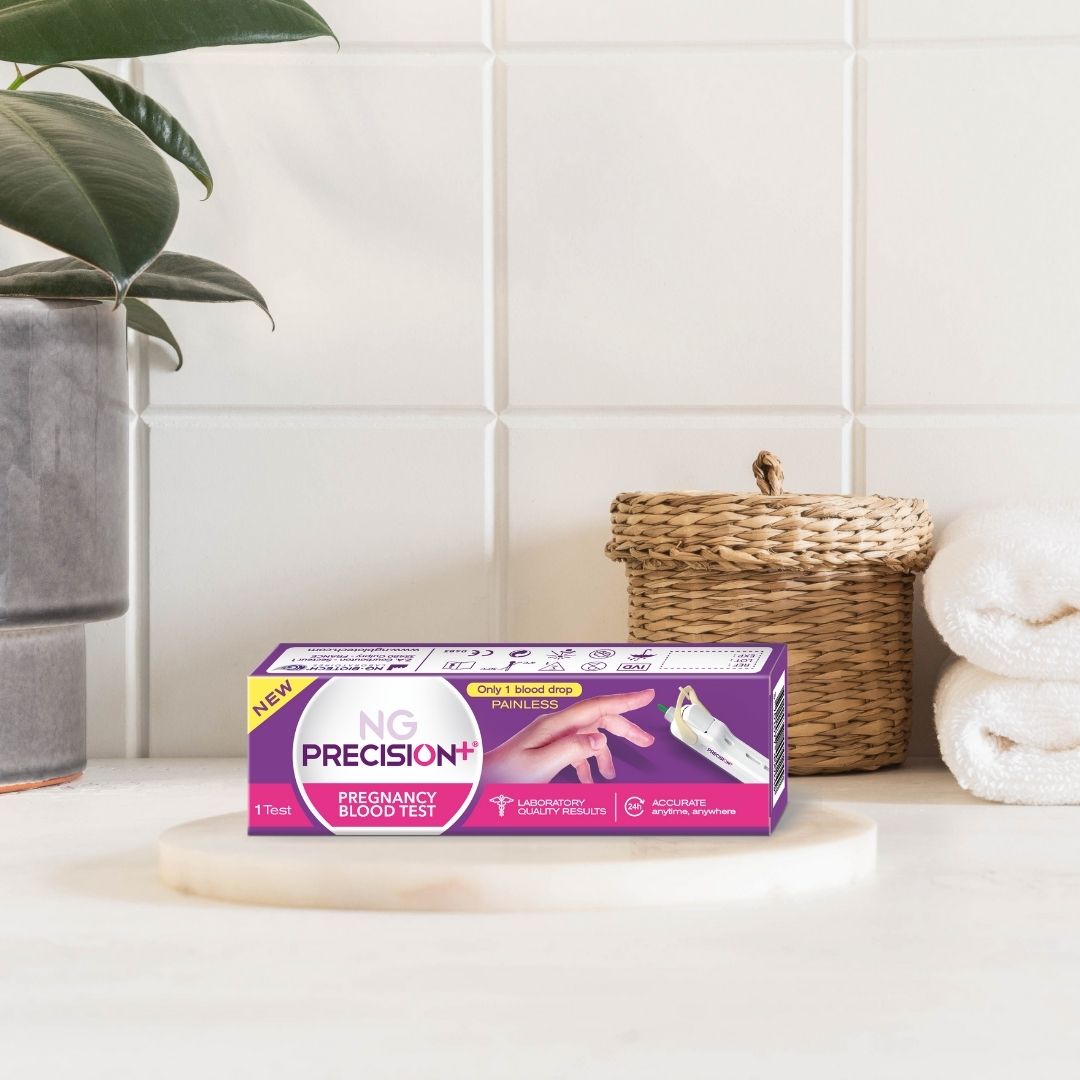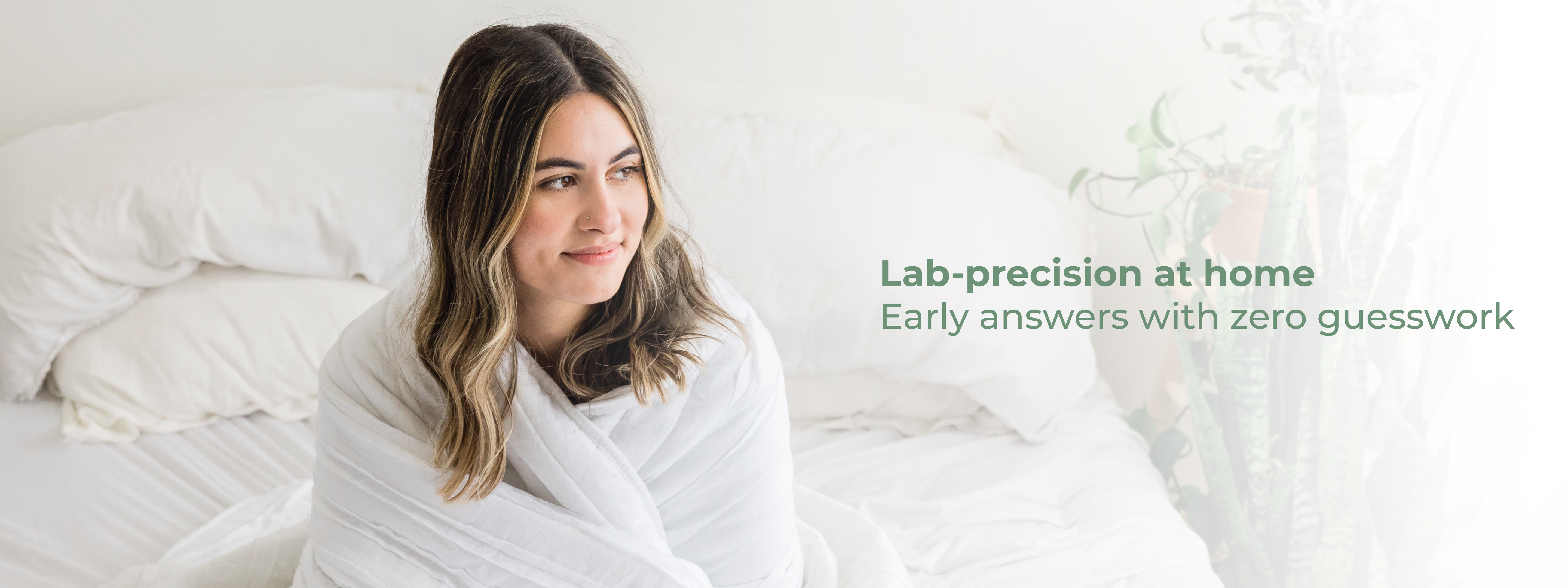4. Eat well
From the very first days of pregnancy, the embryo will draw the energy and nutrients necessary for its proper development from your reserves. It can take several months for a woman to build up satisfactory reserves of minerals and vitamins.
A balanced diet, rich in fruit and vegetables, is more important than ever. Give preference to foods rich in iron and vitamin B9. These play an essential role, from the very first weeks, in the development of the embryo’s nervous system. And of course, avoid alcohol.










